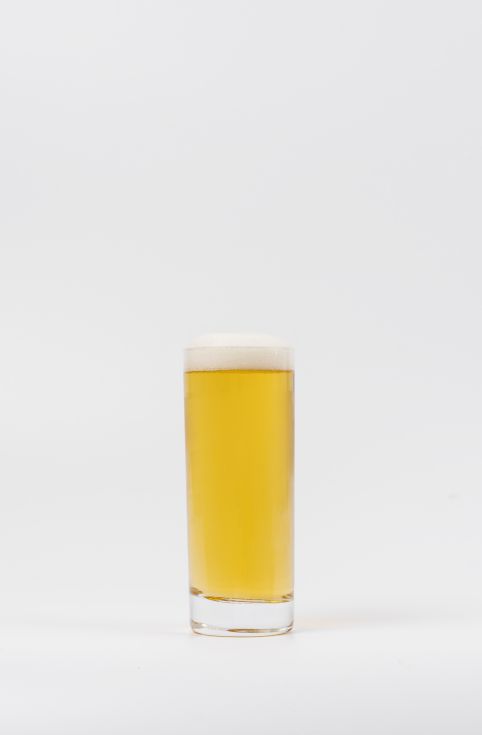Technically not a Lager these beers have an element of top fermenting, that is the yeast works at the top of the brewing vessel, like a typical ale. After this warm fermentation there follows long period of cold conditioning, as in lager production. The final beer can appeal to lager and ale drinkers alike as it is bright and hoppy but with a clean dry finish.
When beers of this style are made in the German city of Cologne (Köln) they may be referred to as Kölsch, roughly translated this equates to 'from Cologne'. The use of the term Kölsch has been protected since 1997 when the European Union gave the term a protected geographical indication (PGI). In broad terms a Kölsch needs to be made within 50 km (31 miles) of Cologne, brewed to the German purity law the Reinheitsgebot and following the rules of the Kölsch-Konvention. As such Kölsch is one of the most strictly defined beer styles in the world. It dates back to the late-nineteenth century though it's roots can be traced back 300 years before that.

Colour
Yellow to gold
Clarity
Bright
Carbonation
Medium to High, though cask versions will be low
Alcohol
Not detectable
Hop
Medium to high, for a lager style, and can add some bitterness
Malt
Light to Medium
Esters
None
Phenols
None
Fermentation By-Products
None
Body
Light to Medium
Carbonation
Medium to High, cask versions will be Low
Finish Length
Medium
Attenuation
A large amount of characteristic dryness
Hops
Noble hop varieties such as Hallertau, Hersbrucker, Spalt and Tettnanger
Malt
Pilsner Malt is common as a base along with Pale
Water
Soft water works best for most Lager styles
Yeast
A mixture can be used as there needs to be a period of top fermentation followed by cold conditioning